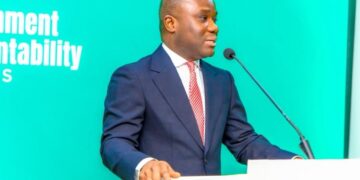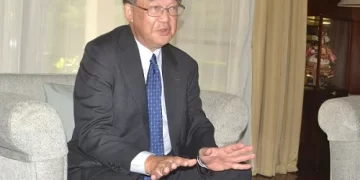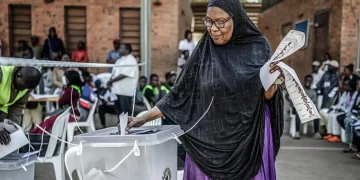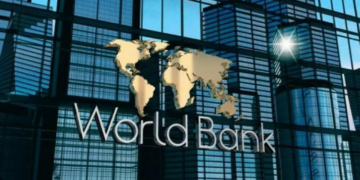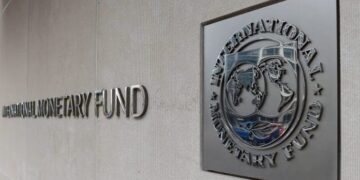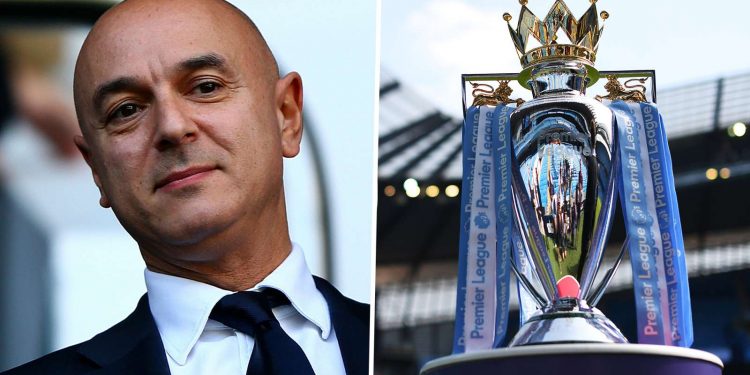The richest domestic competition in club football makes £3.1 billion a year in TV rights alone, so why are some clubs seemingly in financial trouble?
Liverpool’s decision to avail of the United Kingdom’s furloughing scheme united so many people on such a divisive issue.
The Spirit of Shankly supporters’ group wanted to know why the reigning European champions, who announced in February a record turnover of £533 million ($688m) for 2018-19, were unwilling – or, even worse, unable – to continue paying non-playing staff during the suspension of Premier League play caused by the Covid-19 outbreak.
Other fans viewed the move as a betrayal of the club’s traditional, socialist values, while former defender Jamie Carragher warned that all of the “respect and good will” towards Jurgen Klopp’s Premier League leaders had been “lost”.
Other ex-Reds went further. Danny Murphy called the furloughing “grotesque”, given the wealth of Liverpool’s owners, the Fenway Sports Group (FSG), which is worth an estimated £5.3 billion ($6.6bn), while Stan Collymore said it was “just plain f*cking wrong”.
After such a brutal backlash, Liverpool’s owners quickly performed a U-turn and issued an apology to the fans.
However, questions remain, not least because Newcastle, Tottenham, Bournemouth and Norwich City have not reversed their respective decisions to take advantage of the government initiative aimed at protecting workers during this financial crisis.
Indeed, many fans are asking where all of the Premier League money has gone?
We are talking about the richest domestic competition in club football, earning £3.1bn ($3.9bn) a year from TV rights alone, yet CEO Richard Masters has already admitted that there is a “very real threat” of some clubs going out of business, even though play has only been suspended for the past month.
What does it say about the division’s business model, then, if even the elite are seemingly incapable of covering an estimated £2m ($2.5m) in annual wages for non-playing staff?

“In terms of the furloughing, I would stress that it’s only a few clubs,” Kieran Maguire, a football finance lecturer from Liverpool University, tells Goal. “There are clubs that are in dire financial straits.
“The vast majority of clubs say they don’t want to avail of the scheme just yet because they can still afford to pay their non-playing staff wages. And until the situation deteriorates, they will continue doing so.
“But in the Premier League you have 20 owners and some of them have different perspectives on furloughing, so I think you’ve got to judge it on a case-by-case basis.
“I think once you move out of the Premier League, and drop down to the lower leagues, furloughing becomes very much a case of necessity in terms of survival.
“However, in the Premier League, you’ve got clubs like Spurs and only 39 per cent of their income goes on wages.

That work was completely overshadowed, though, by a salary-cap debate sparked by the United Kingdom’s Health Secretary, Matt Hancock, who suggested that there was an onus on players to “play their part”.
Former England and Manchester United forward Wayne Rooney was among those to claim that the players have been made scapegoats, left in a no-win situation – in spite of the fact that the majority of a club’s expenditure goes on wages.
By way of an example, one of Rooney’s former clubs, Everton, ranked 19th in the latest Deloitte Football Money League, with an income of £187.7m ($234.2m) for the 2018-19 season – yet the Merseysiders paid out approximately £154m ($192.1m) in player salaries.
SourceGoal.com



